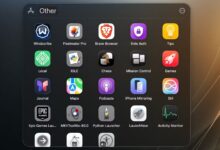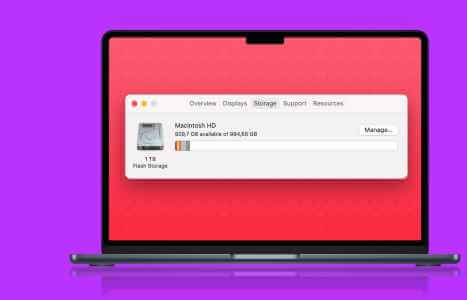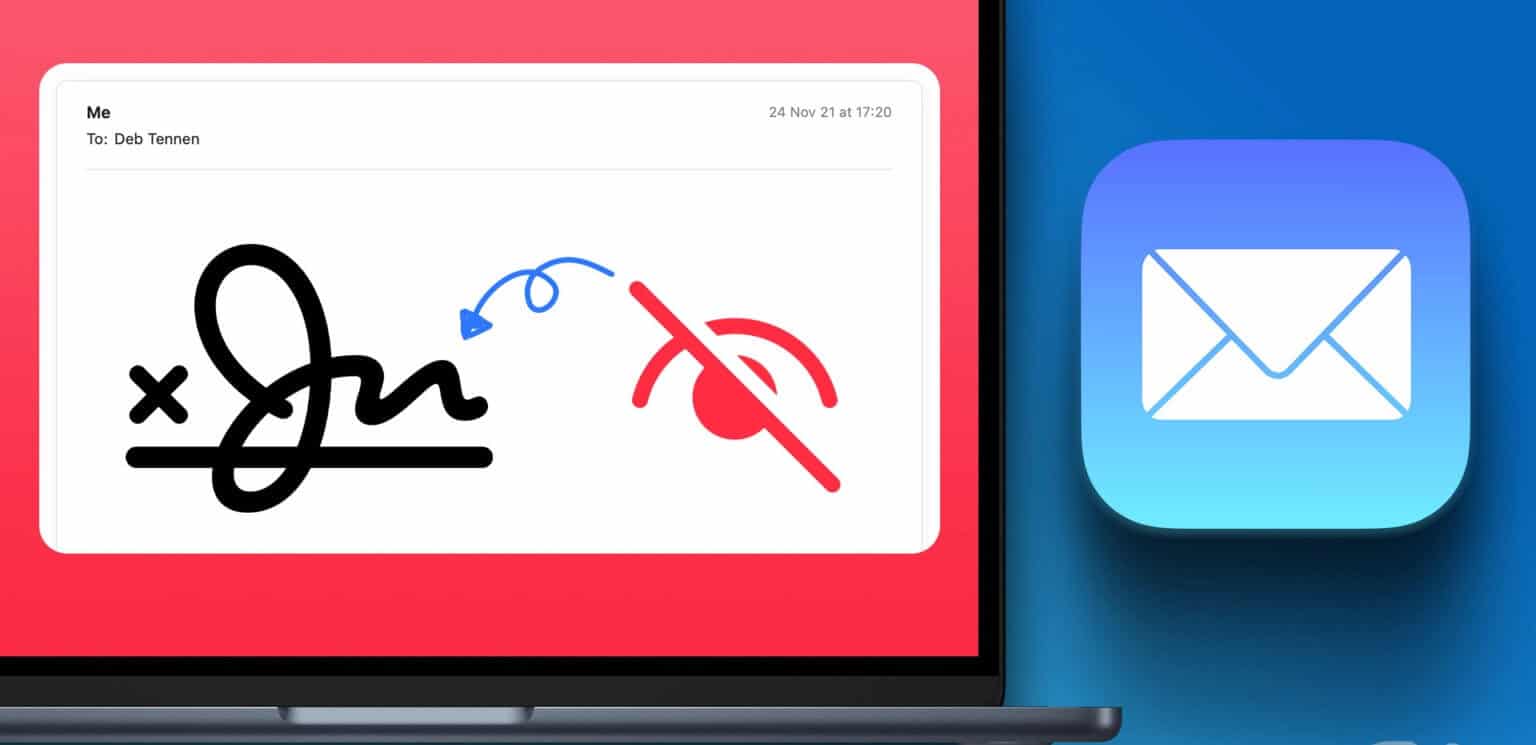Safari is one of the best browsers in the Mac ecosystem. With each iteration of macOS, the company improves Safari at a rapid pace. Safari Tab Collections It's a recent example. However, users still switch from Safari to Google Chrome or Microsoft Edge for a faster browsing experience. If you find Safari slow, read on to learn the 7 best ways to fix slow Safari on Mac.
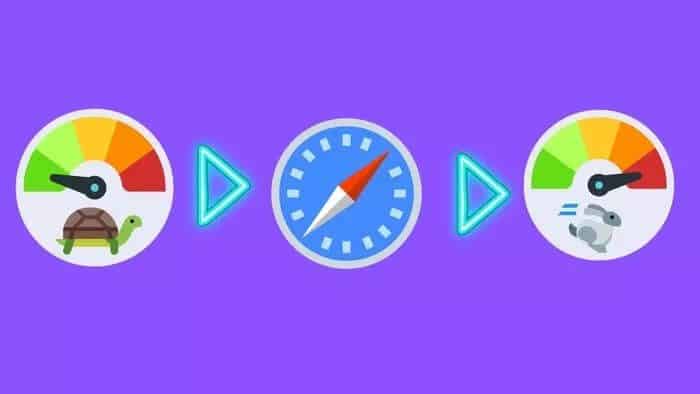
We've seen many users abandon Safari on their Mac due to slow or sluggish web browsing. It's not entirely Safari's fault. By making relevant changes in the System Preferences menu and Safari menu, you can easily troubleshoot slow Safari on your Mac.
1. Connect to 5.0 GHz WI-FI
Most users connect to the 2.4 GHz Wi-Fi band. For even better speeds, you can connect your MacBook to the 5 GHz band on dual-band Wi-Fi routers.
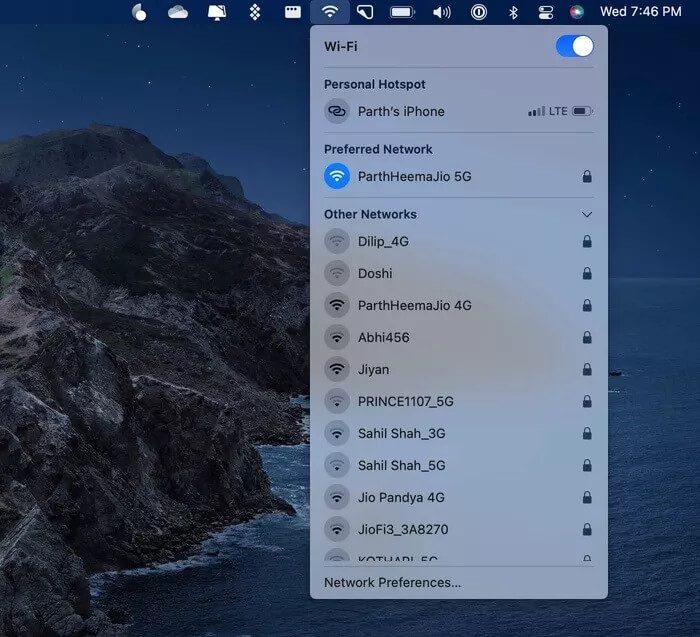
You will definitely have faster internet speeds which will improve your browsing experience in Safari.
2. Turn off iCloud Private Relay
This option only applies to Mac users running macOS Monterey 12.0 or later. With macOS Monterey, Apple introduced iCloud Private Relay for iCloud+ subscribers. Before you go ahead and make changes to iCloud Private Relay, let's understand what it means and how it can slow down Safari on your Mac.
iCloud Private Relay is designed to keep your IP address hidden from third-party trackers on the web. Apple reroutes all Safari browsing data through the company's own server. While it helps protect your identity and location, you should disable it if you experience slow Safari after the Monterey update.
In this case, you should disable iCloud Private Relay from the System Preferences menu. Follow the steps below.
Step 1: Click on the small Apple icon in the menu bar.
Step 2: Go to the System Preferences menu.
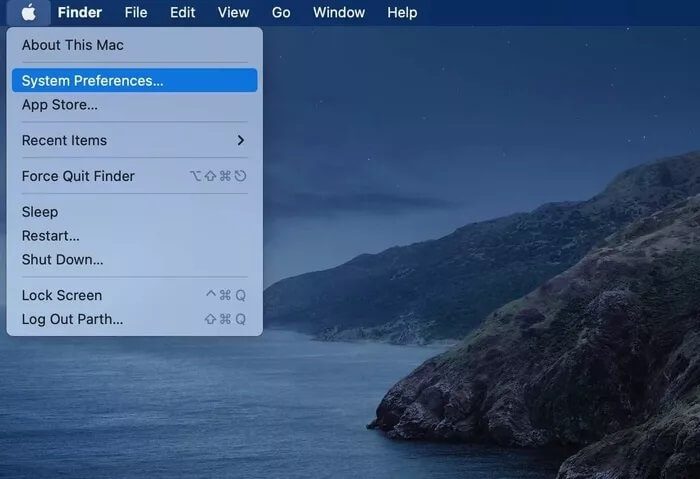
Step 3: Click on Apple ID.
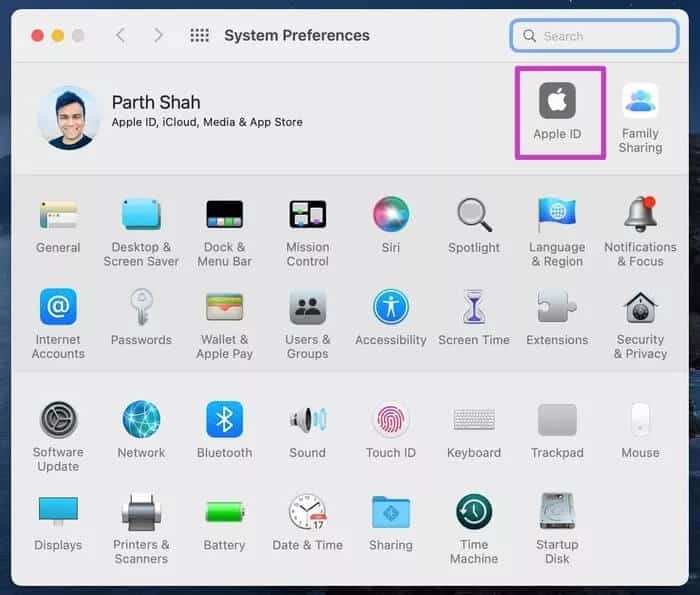
Step 4: Open the private migration menu.
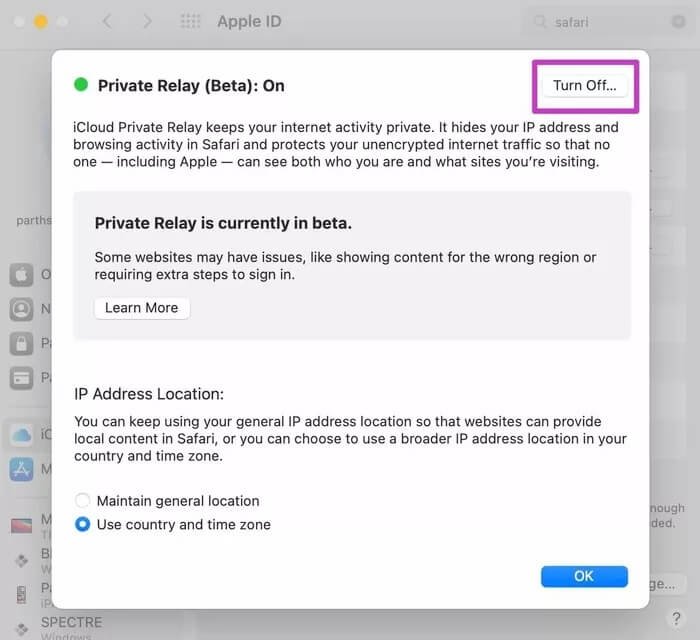
Step 5: Disable the switch from the following menu.
3. Disable iCloud Private Relay for WI-FI Connection
The above solution is suitable for those who use a Mac at home. You can trust your home Wi-Fi network without worrying about data theft.
If you're constantly on the go and frequently use public Wi-Fi, you shouldn't disable iCloud Private Relay. In this case, you should only disable iCloud Private Relay for your home Wi-Fi network to speed up Safari on your Mac.
Step 1: Open the System Preferences menu on your Mac.
Step 2: Go to the network.
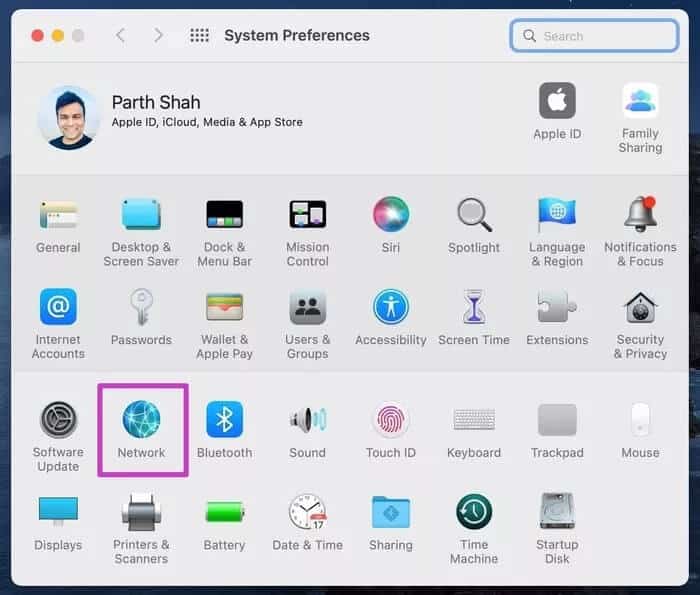
Step 3: Select your current Wi-Fi connection from the following list.
Step 4: Disable the Use iCloud Private Relay toggle as shown in the screenshot.
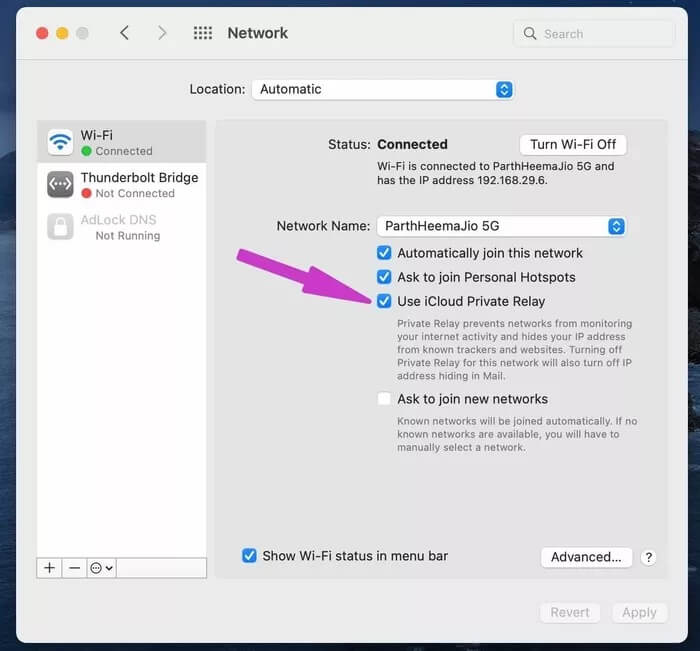
4. Remove unnecessary extensions
Although Safari doesn't have as many extensions as Google Chrome or Firefox, it's easy to overwhelm the browser with dozens of add-ons. You may need to be careful with these extensions, as they can slow down Safari on your Mac.
Follow the steps below to remove unwanted extensions from Safari on Mac.
Step 1: Open Safari on your Mac.
Step 2: Click Safari in the menu bar and open the Preferences menu.

Step 4: Select the extension you want to remove from the left sidebar.
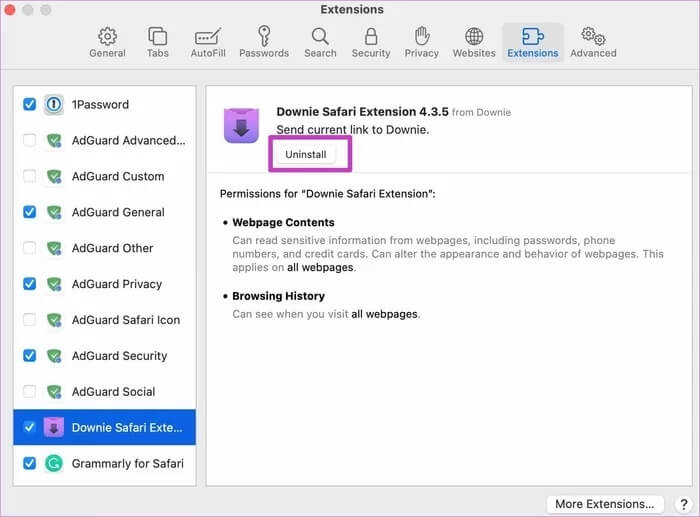
Step 5: Click Uninstall.
Repeat the steps for each extension you want to remove, and you're good to go.
5. Clear Safari history
Having a ridiculous amount of Safari data on your Mac can slow down performance. You need to clear your Safari history regularly. Here's how.
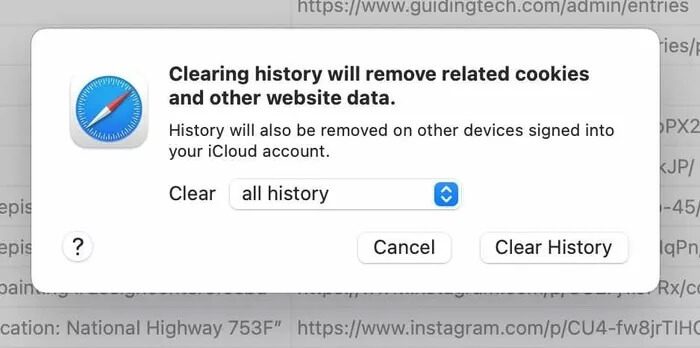
Open Safari on your Mac and use the Command + Y keys to open Safari history. Select Clear History at the top, select All History, and clear the history.
6. Check RAM usage
This is especially true for MacBooks and Mac Minis with 8GB of RAM. With some apps open in the background, your Mac may run out of RAM. This behavior may slow down Safari on your Mac.
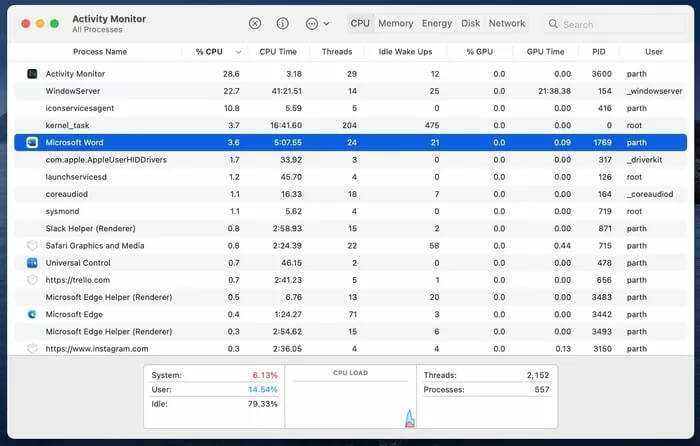
Open Activity Monitor and carefully select to close unwanted applications running in the background.
7. MACOS Update
Apple updates Safari with new features and reliability improvements with each operating system update. If you haven't updated your Mac's macOS version for a while, you can update it to get the most out of Safari's performance and features. To do this, you'll need to open System Preferences and select Software Update.
Speed up Safari on Mac
With Safari Tab Groups, iCloud Tabs, and tons of customization options, there's a lot to like about Safari on Mac. However, slow performance may prompt you to look for alternatives. Before exporting your bookmarks and history, follow the steps above and fix slow Safari on Mac.

